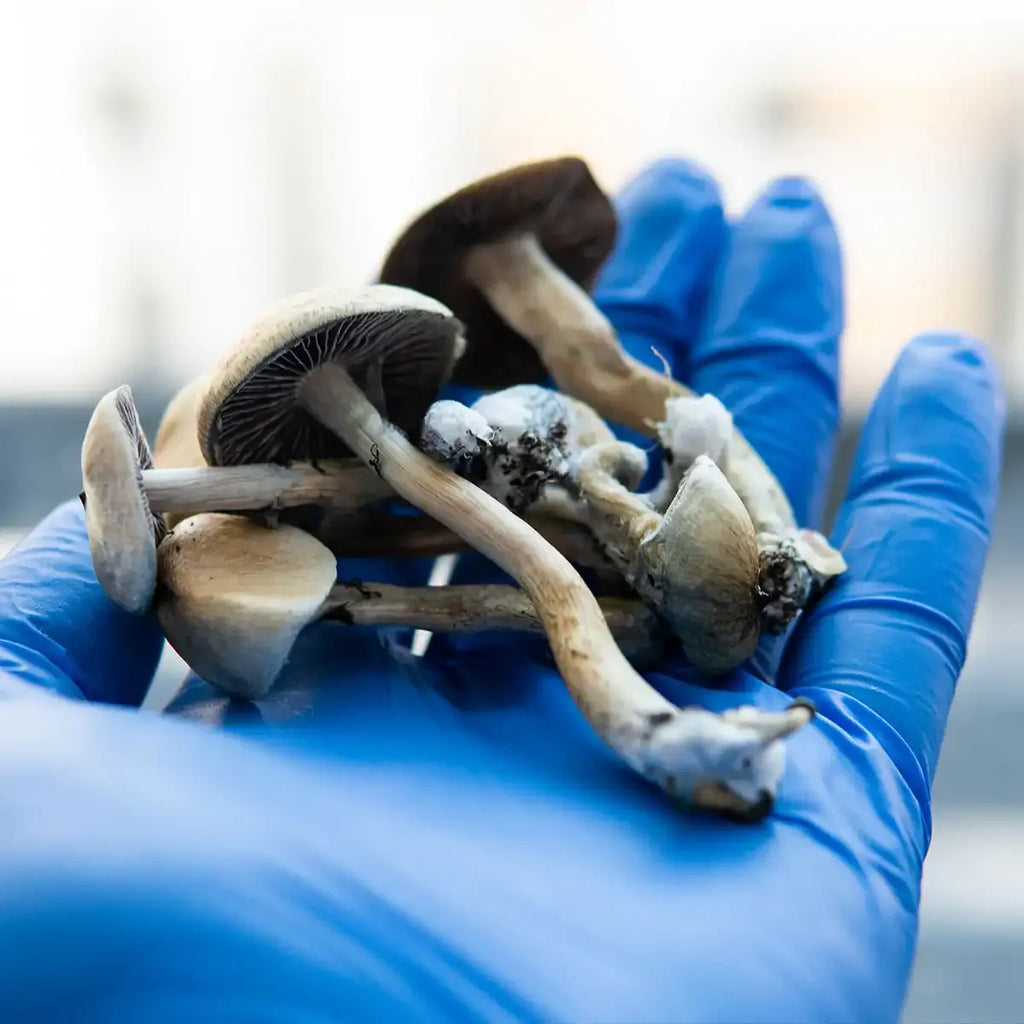The Rise of Psychedelic DNA Testing: Personalizing Mental Health from the Inside Out

The Rise of Psychedelic DNA Testing: Personalizing Mental Health from the Inside Out
In recent years, the intersection of psychedelics and genomics has opened a groundbreaking door in personalized medicine: psychedelic DNA testing. As the world reconsiders the therapeutic potential of substances like psilocybin, LSD, ketamine, and MDMA, scientists and mental health professionals alike are asking an important question:
How do individual genetics influence the psychedelic experience?
The answer could shape the future of psychedelic therapy—and help prevent risks while maximizing benefits.
Why DNA Matters in Psychedelic Use
Psychedelics work by interacting with the brain’s serotonin system, but how each person metabolizes and responds to these substances can vary widely. Just like with traditional pharmaceuticals, some people may have profound, positive experiences—while others may face adverse reactions or feel little to no effect.
This variability often comes down to genetics.
Certain genes play critical roles in:
-
How your body metabolizes psychedelic compounds
-
Sensitivity to serotonin and dopamine
-
Cognitive processing and mood regulation
-
Risk for anxiety, psychosis, or other mental health conditions
For example, variations in the CYP2D6 gene can influence how quickly psychedelics are broken down in the liver, which directly impacts the intensity and duration of the experience. Meanwhile, genes like HTR2A, which encodes a serotonin receptor, may play a significant role in how sensitive someone is to classic psychedelics like psilocybin and LSD—affecting everything from perception to emotional response.
Other genes may influence vulnerability to stress or trauma triggers, which is crucial when engaging with powerful, consciousness-altering substances.
The Shift Toward Personalized Mental Health
The growing interest in psychedelic-assisted therapy for PTSD, depression, addiction, and anxiety has fueled demand for more personalized, data-driven approaches. This is where DNA testing becomes a game-changer.
By analyzing genetic markers linked to drug metabolism, serotonin sensitivity, cognition, and neurological health, psychedelic DNA testing can provide insights such as:
-
Whether a person is a fast or slow metabolizer of substances
-
Genetic predispositions to anxiety, mood disorders, or trauma responses
-
How to tailor preparation, dosage, and integration strategies for therapy
These insights allow for more informed, safer decisions—especially in clinical, therapeutic, or research settings—minimizing harm while enhancing healing potential.
A Tool for Safety and Empowerment
One of the most powerful aspects of psychedelic DNA testing is its role in harm reduction. While public interest in psychedelics is booming, so are concerns around unsafe use, improper settings, and psychological distress.
Genetic testing won’t predict your entire experience—but it can add a valuable layer of self-awareness, offering a science-backed foundation for anyone exploring psychedelics for therapeutic, spiritual, or personal growth.
Looking Ahead
As more states and countries move toward legalizing or decriminalizing psychedelic substances, the need for personalized, ethical, and medically responsible frameworks becomes even more urgent. Psychedelic DNA testing is part of that future—a tool to support intentional use, informed consent, and better mental health outcomes.
Dynamic DNA Laboratories is proud to lead this movement with the upcoming launch of our Psychedelic DNA Test, available starting May 26.
By understanding your body’s genetic blueprint, you’re not just taking psychedelics—you’re working with them in a way that’s uniquely tailored to you.



